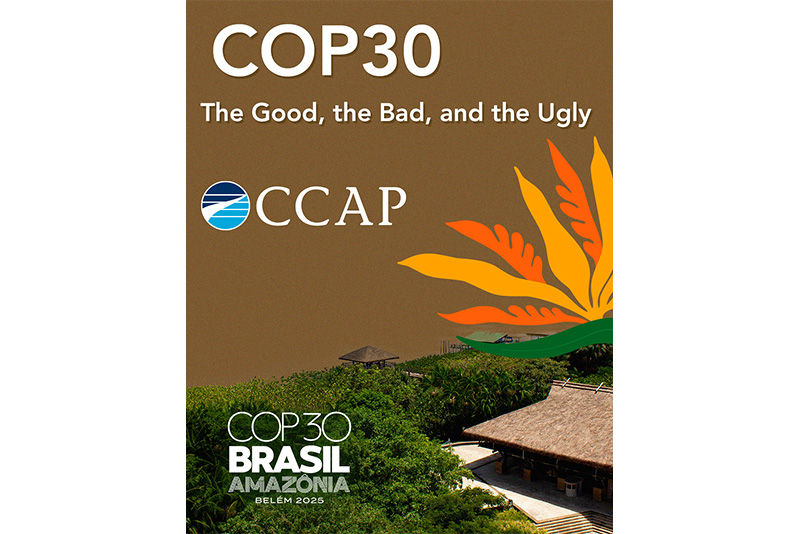Mexico Publishes Landmark Regulations to Combat Super Pollutants
- Pablo Lopez Legarreta
- Nov 13, 2018
- 2 min read
Updated: Jan 28, 2021
Today, Carlos de Régules, Executive Director of Mexico’s Agency of Security, Energy and the Environment (ASEA), presented the regulations that the Mexican government officially published last week that aim to reduce methane emissions in the national oil and gas sector by 40-45% by 2025 (as agreed to at the 2016 North American Leaders Summit). Notably, these regulations address emissions from both new and existing operations, and cover the entire hydrocarbons value chain. With publication of these regulations, Mexico joins a very select group of countries that have realized that relying on voluntary programs to limit methane leaks achieves only a fraction of the cost-effective and technically feasible mitigation measures in the oil and gas sector.

With a number of measures to reduce fugitive emissions and almost eliminate routine flaring and venting, the country will not only reduce the emission of “super pollutants” but also optimize the production of natural gas, a very valuable energy resource. Although some of the measures require an upfront investment, the vast majority are demonstrated to have positive returns within 5 years.
Rafael Pacchiano, the Mexican Secretary of Environment; Maria Amparo Martínez, General Director of the Institute of Ecology and Climate Change; and Mario Molina, Nobel Prize recipient in 1995 spoke at the event, and agreed on the significance of these regulations for the improvement of the O&G value chain as well as for its contribution to achieving the country’s nationally determined contribution (NDC).
The event (and the publication of the regulation) marks a milestone in CCAP’s work with the Agency and the Mexican Government. After 2.5 years of joint efforts with a number of government entities and our partners at the Clean Air Task Force, a tangible result has been achieved – and a very ambitious one too. We look forward to continuing our engagement to support the successful implementation of the regulations, and to achieving meaningful reductions in methane pollution as part of the larger national and international effort to limit potentially catastrophic impacts from global climate change.
Now that Mexico has become a global leader on regulating methane from the O&G sector, we invite the rest of the world to follow their steps in making use of technically feasible, cost-effective mitigation actions that are critical to meeting 2050 climate goals. As the scientific community has demonstrated, actions to limit super pollutants such as methane must be part of the solution; reductions in super pollutants (also called SLCPs, or short-lived climate pollutants) are critical to slowing warming and limiting harmful feedbacks over the next few decades.
For more information you can listen to an interview on an environmental podcast or read the regulations themselves in Spanish or English (non-official translation).





شيخ روحاني
رقم شيخ روحاني
الشيخ الروحاني
الشيخ الروحاني
شيخ روحاني سعودي
رقم شيخ روحاني
شيخ روحاني مضمون
Berlinintim
Berlin Intim
جلب الحبيب
https://www.eljnoub.com/
https://hurenberlin.com/